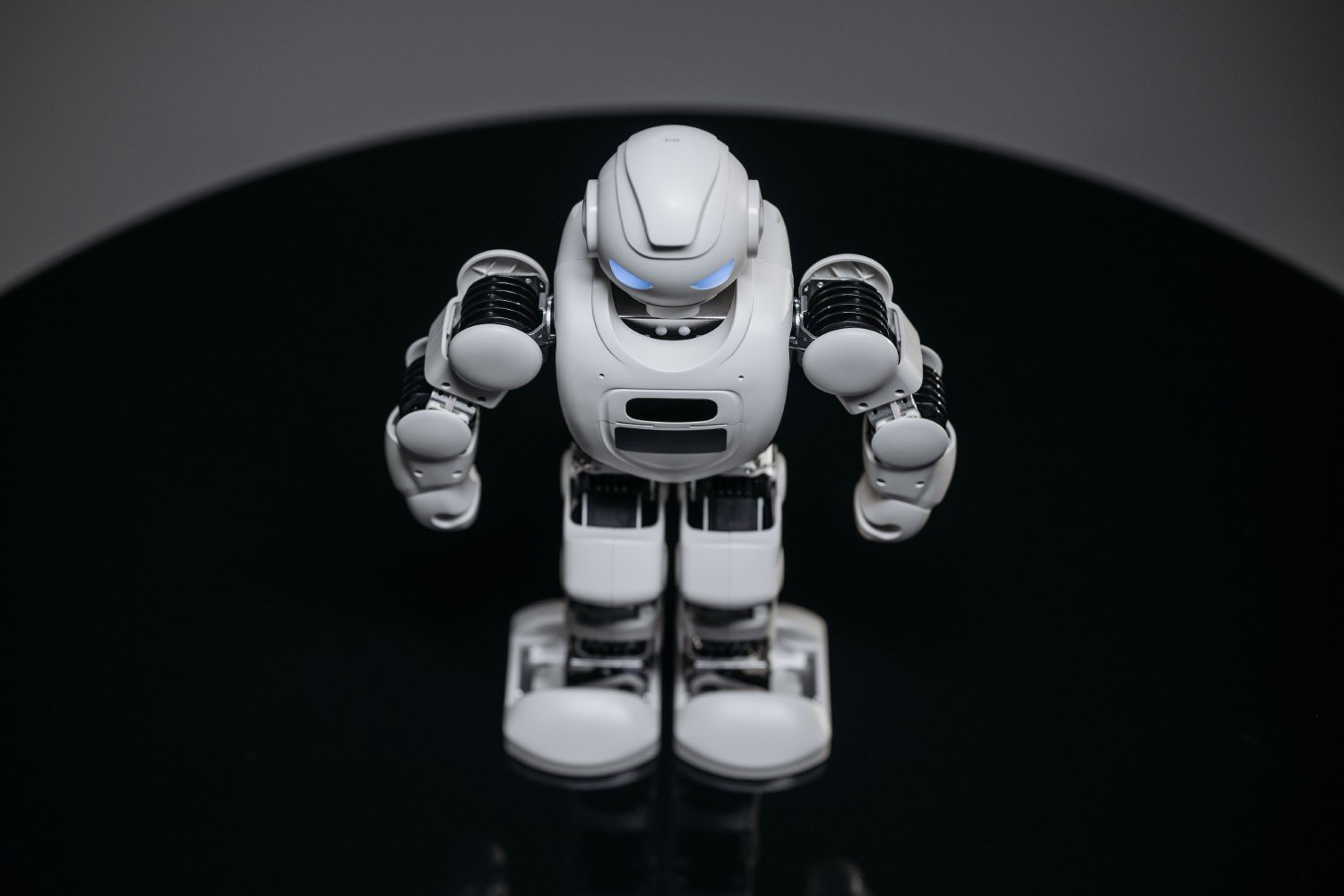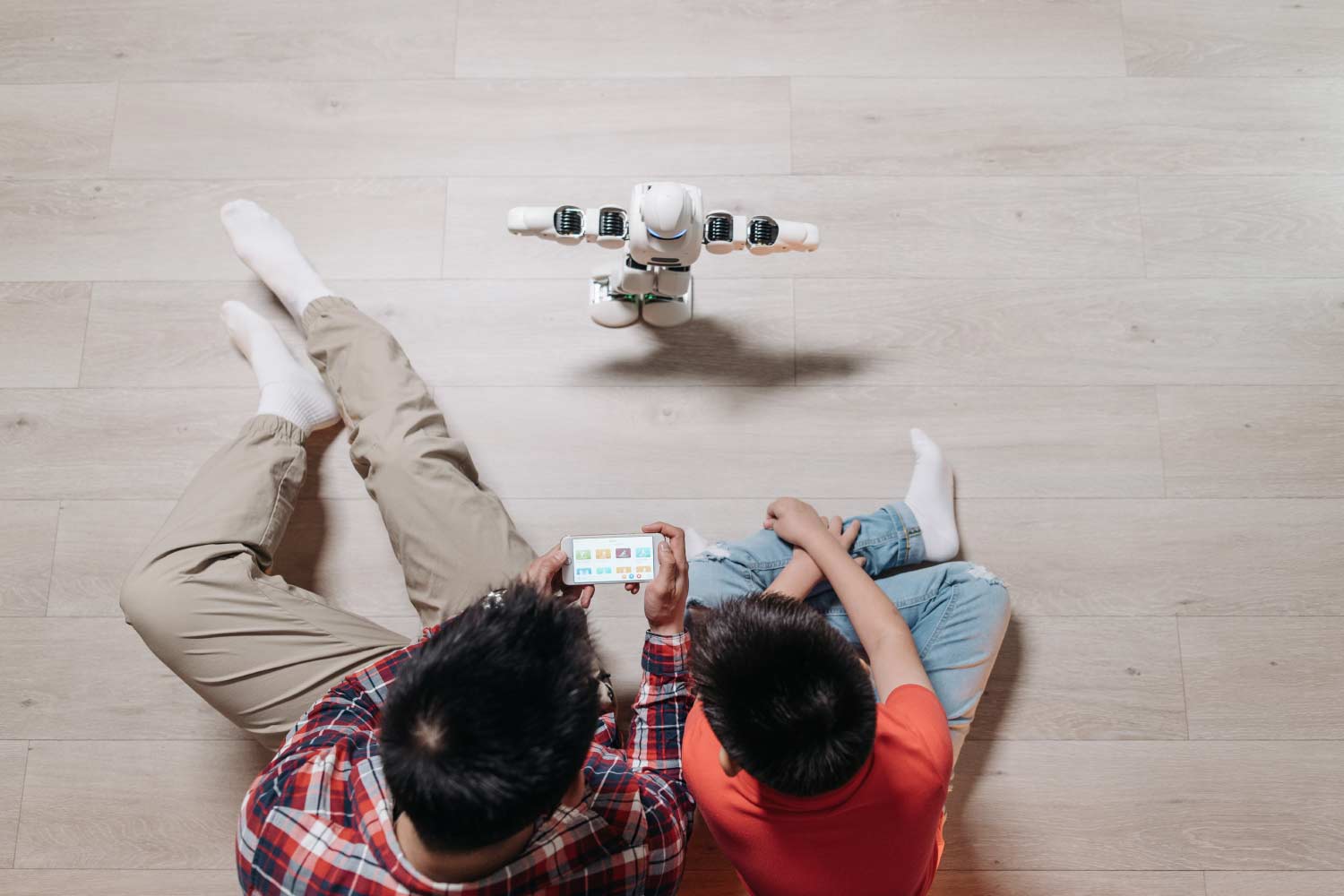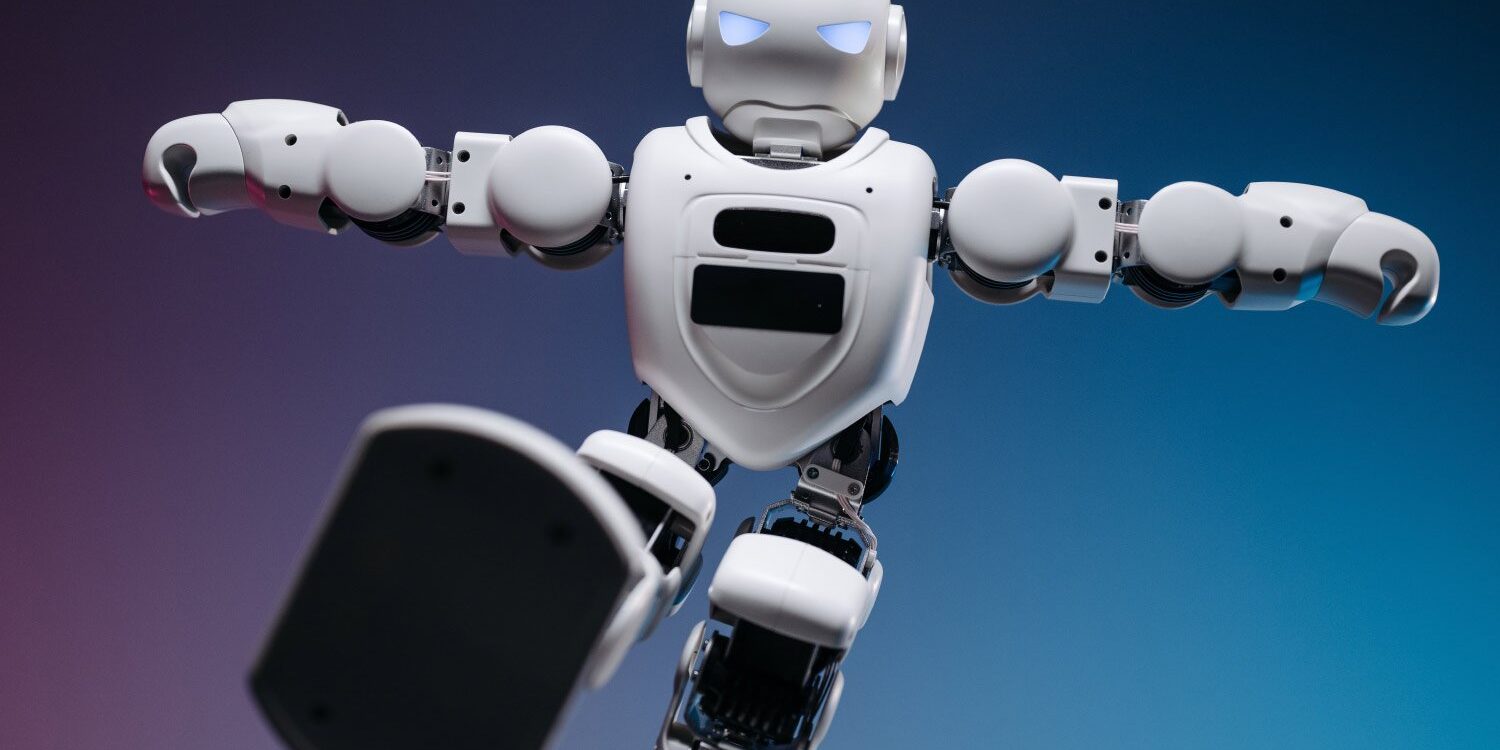Introduction
In the rapidly evolving landscape of technology, robotics stands at the forefront, continually pushing boundaries and redefining what was once thought impossible. Over the years, advancements in robotics have transformed industries, enhanced productivity, and paved the way for a future where human-robot collaboration becomes the norm. This article delves into the various facets of robotics advancements, exploring breakthroughs in hardware, software, and artificial intelligence that are shaping the future.
Topics:

Sensing Technologies
One of the critical aspects of robotic development is the enhancement of sensing technologies. Traditional robots often relied on limited sensors, hindering their adaptability in complex environments. Recent advancements in sensor technologies, such as lidar, radar, and advanced cameras, have revolutionized robotic perception. These sensors enable robots to perceive and navigate their surroundings with unprecedented precision, making them more suitable for diverse applications, from manufacturing floors to homes.

Machine Learning in Robotics
The integration of machine learning algorithms into robotics has ushered in a new era of intelligent automation. Robots are now capable of learning from experience, adapting to dynamic environments, and improving their performance over time. Reinforcement learning, a subset of machine learning, has been particularly influential in training robots to make decisions in real-time based on feedback and outcomes.
Manufacturing and Automation
The manufacturing industry has been a primary beneficiary of robotics advancements. The deployment of robotic arms and automated systems has streamlined production processes, increased efficiency, and improved product quality. The integration of collaborative robots, or cobots, has allowed humans and robots to work side by side, combining the strengths of both for enhanced productivity.
Conclusion
The advancements in robotics witnessed in recent years have propelled technology into uncharted territories, offering solutions to challenges across various industries. From manufacturing to healthcare, agriculture, and space exploration, robots are becoming integral components of our daily lives. However, as we navigate this transformative era, it is crucial to address ethical considerations, ensure responsible AI development, and prioritize societal well-being. The future promises even more exciting developments, with swarm robotics, human augmentation, and explainable AI shaping the landscape of robotics in ways that were once unimaginable. As we stand on the cusp of a new era in technology, the synergy between human ingenuity and robotic capabilities holds the key to a future where innovation and ethics walk hand in hand.


